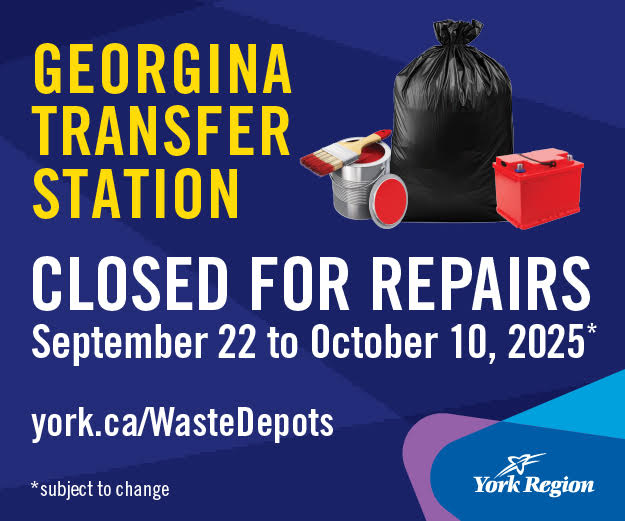
TORONTO — Here are some of the changes the Ontario government announced Thursday to its response to the COVID-19 pandemic:
_ On Dec. 31, publicly funded PCR testing will only be available for high-risk individuals who are symptomatic or are at risk of severe illness from COVID-19, as well as vulnerable populations.
_Those with symptoms should assume they have COVID-19 and isolate at home.
_ Most individuals with a positive rapid antigen test will no longer be able to get a PCR test to confirm the results.
_ Isolation period for those with COVID-19 will drop to five days from 10 for those who are vaccinated and children under 12 years old. Household contacts must also isolate.
_ Isolation ends after five days if symptoms have improved for at least 24 hours.
_ Individuals who are unvaccinated, partially vaccinated or immunocompromised will be required to isolate for 10 days.
_ School will resume on Jan. 5, two days later than originally scheduled.
_ School staff will have access to N95 masks and the province is rolling out 3,000 more HEPA filter units.
_ Only low-contact indoor sports and safe extracurricular activities will be temporarily permitted beginning in January.
_ Large indoor venues such as arenas, concert venues, and theatres are limited to 1,000 spectators.
_ Smaller venues remain limited to half capacity.
_ Fourth doses of an mRNA vaccine will be available to residents of long-term care homes, retirement homes, Elder Care Lodges and other congregate care settings if at least three months, or 84 days, have passed since the third dose.
_ The province is mandating third doses for all staff, students, volunteers, caregivers and support workers by Jan. 28, 2022.
_ Long-term care visitors will be required to show proof of a booster once the pause on visitation is lifted.
This report by The Canadian Press was first published Dec. 30, 2021.
The Canadian Press
- The Canadian Moose are off to Vietnam - October 11, 2025
- Province set to ban speed cameras, as Town defends their use - October 9, 2025
- Celebrating the harvest: A look back at farming in Georgina - October 8, 2025











































